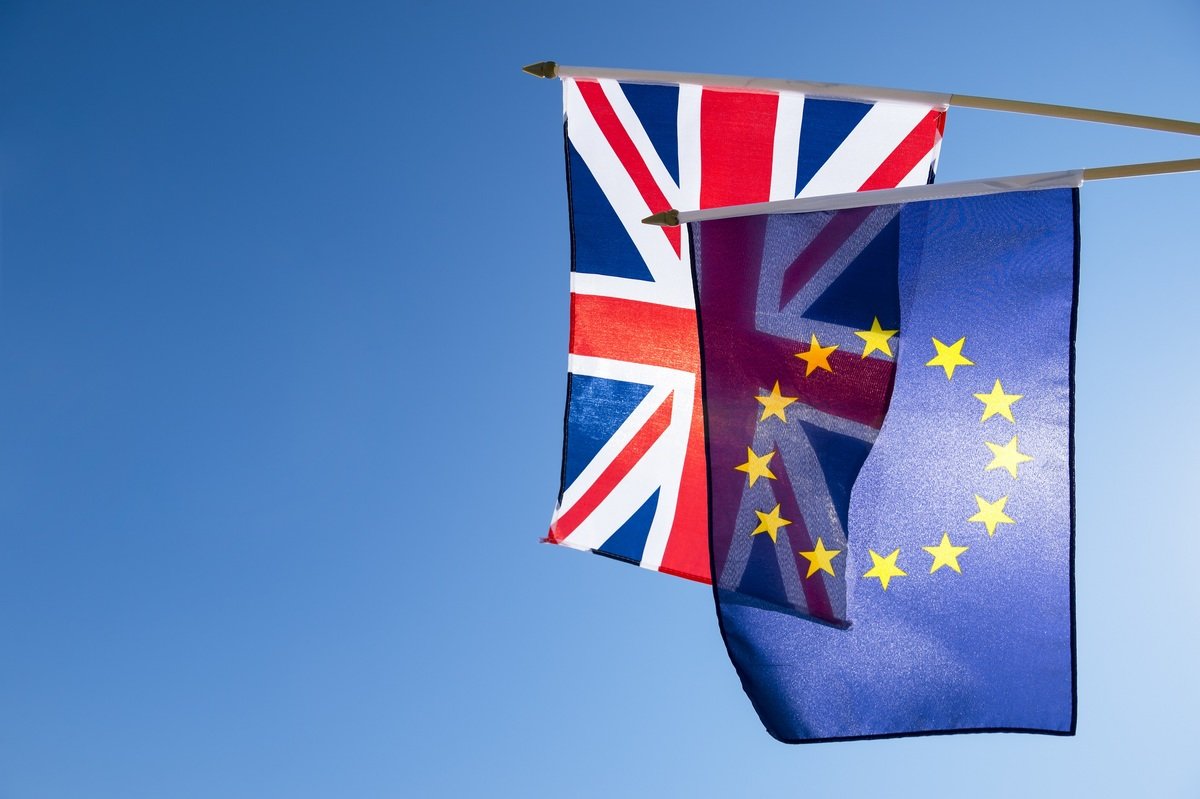The opportunities of Brexit are almost endless

By Dr Eamonn Butler, Director and co-founder of the Adam Smith Institute
Historically, the UK is an outward-looking, entrepreneurial, liberal country. But in recent decades, this liberal dynamism has been compromised by different values. Brexit provides the UK with once-in-a-generation opportunities to set free our trade, commerce and people.
Some of those opportunities are profound, but overlooked. Take the legal system. Ours is based on common law. You can do what you like — we pass laws only if you start to harm others. The Continental tradition is the opposite. You cannot do anything unless a law says you can.
Common law supports enterprise: one reason why the English-speaking nations are so rich. Laws are made on the basis of hard cases in court. The Continental tradition is restrictive: one reason why EU growth is so modest. You can only do what the authorities permit.
Being based on what was ‘reasonable’, the common law had no need of detailed regulations. But the Continental tradition requires clear statements of what is allowed. Result: the UK’s ‘reasonable’ test has been swamped by the thousands of pages of acquis communautaire.
Like money — and thank goodness we are not in the euro — the law affects everything. So to reassert our permissive traditions and live on the basis of what is reasonable, not what authorities dictate, is a major, major opportunity — even if that is little understood.
A more obvious opportunity, of course, is free trade; but even here, many of the potential benefits are overlooked. With countries in Asia, South Asia, Africa and South America now growing fast (thank globalisation), some 90% of world growth over the next decade will be outside the EU.
The majority of UK exports — over £300bn-worth — now go to non-EU countries. But getting a trade deal with those countries means getting all 28 EU member states to agree. Any one of them — and as we saw with the EU-Canada deal, any region in any one of them — can stymie things. Outside, we can negotiate bilateral deals, with anyone, more quickly.
Take India. UK exporters to India face 14.8% tariffs and Indian exporters face 8.4% EU tariffs. But still the EU has not concluded a deal. Brexit provides the UK with a huge opportunity to boost its £4.2bn exports to India by another £2bn. There are similar opportunities in China, New Zealand, Australia, South Korea, the US and many more.
UK financial services produce a £62bn surplus, but only 40% of our trade is in Europe. Yes, Paris and Frankfurt would love to shut London out, but EU businesses need the depth and expertise of the world’s most international financial centre. After Brexit, with our focus turning from the EU to the globe, there are huge opportunities for UK financial services to follow.
Agriculture reform is another huge opportunity. The Common Agriculture Policy (CAP), originally designed to support inefficient French farmers, absorbs 30% of the EU budget — so there is a saving for us right away.
But would our own farmers be ruined without these subsidies? Hardly: most CAP money goes to the biggest landowners. And New Zealand provides a
model. In 1984, they cut agricultural subsidies from 30% of production value to just 2%, then 1%. Farmers re-focused on world markets, and began growing what people wanted rather than what was subsidised. Productivity soared, farm growth shot up. Leaving CAP will revive UK agriculture.
model. In 1984, they cut agricultural subsidies from 30% of production value to just 2%, then 1%. Farmers re-focused on world markets, and began growing what people wanted rather than what was subsidised. Productivity soared, farm growth shot up. Leaving CAP will revive UK agriculture.
Even so, we import most of our food, and EU tariffs make everything we buy from non-EU countries about 20% more expensive. Being able to import our food tariff-free means a big fall in the cost of living.
Think about the producers too. Many developing countries depend on agriculture, but EU tariffs make it impossible for them to compete. Tariffs are even higher on added-value products. A big customer like the UK, buying at world prices with no tariff barriers, would give some of the world’s poorest a huge boost, and stimulate further trade and friendship.
Fishing is another opportunity. The UK fishing industry was largely ruined when our waters were opened to other EU nations. Fish stocks were depleted by overfishing, and the EU response — quotas — saw thousands of tons of perfectly good (but over-quota) fish being dumped back dead into the sea. Brexit gives us an opportunity to re-take control of our fish stocks, and introduce an Iceland-style system of tradeable quotas that will promote sustainable management and protect biodiversity.
I could go on, but the message is clear. In terms of our history, culture, law, freedoms and entrepreneurship, the UK is well placed to benefit both itself and the big world that exists out there, beyond the EU.
The post The opportunities of Brexit are almost endless appeared first on BrexitCentral
Download the Brexit News App for free on Android


Comments
Post a Comment